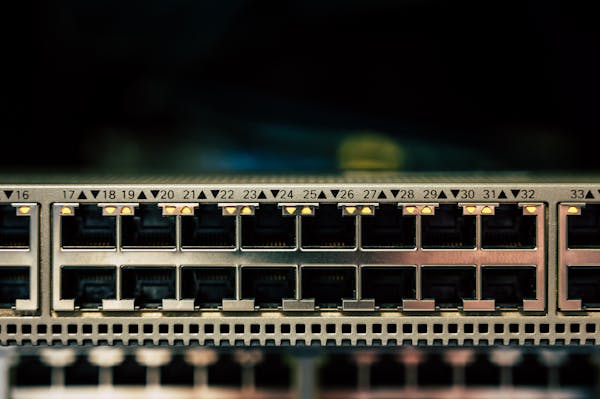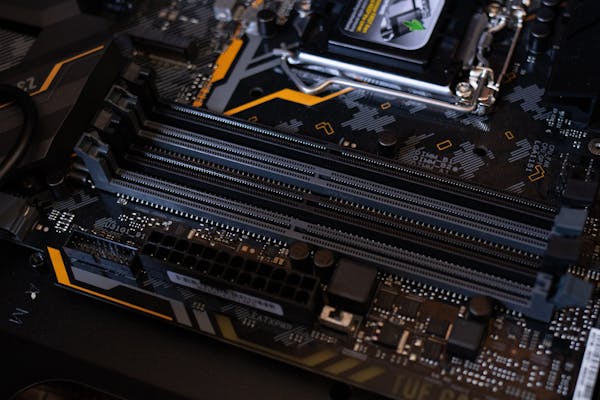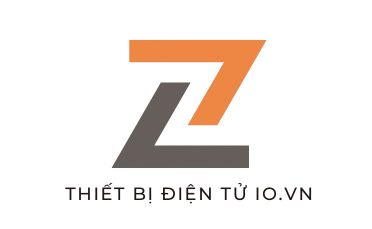Source article: https://heyzine.com/ (4G rotating proxy mobile for sale)

Understanding Mobile 4G Proxies
With the increasing need for online anonymity, mobile 4G proxies have gained prominence for maintaining online privacy.
What Are 4G Rotating Proxies?
These proxies utilize cellular data connections to provide changing IPs to users. Unlike static proxies, they rotate IPs after set intervals, enhancing anonymity.
Mechanism Behind 4G Rotating Proxies
Once initiated, users receive a 4G network IP. These IPs are switched periodically, hindering surveillance.
Advantages of Using 4G Rotating Proxies
- Enhanced Anonymity: Dynamic IP rotation prevents tracking.
- Bypassing Geo-Restrictions: Changing IPs allow access to restricted content.
- Reduced IP Bans: Frequent IP changes avoid detection systems.
Practical Implementations
- Information Gathering: Rotating IPs maintain access to target sites.proxies reduce account bans.
- Competitor Analysis: Changing IPs monitor competitor strategies.
- o Consider}
Before selecting a provider, consider:
- Number of Available IPs: A larger pool enhances anonymity.
- IP Change Intervals: Determine if the service offers customizable intervals.
- Geographical Coverage: Access to multiple regions broadens usability.
Potential Challenges
- Pricing Structures: 4G proxies can impact budgets compared to other types.
- Performance Issues: Mobile networks might experience fluctuations.
- Ethical and Legal Considerations: Ensure usage avoids illicit activities.
Summing Up
4G rotating proxies provide dynamic IP solutions, establishing their importance in modern internet usage.
Delving into the Operational Aspects of Mobile 4G Proxies
Amidst the landscape of digital security, mobile 4G proxies have gained prominence for bypassing geo-restrictions.
An Overview of 4G Rotating Proxies
4G rotating proxies employ mobile networks to provide changing IPs to users. Unlike static proxies, they offer dynamic IP rotation, improving security.
Operational Dynamics
Once initiated, the proxy server assigns a mobile IP. These IPs are switched periodically, hindering surveillance.
Advantages of 4G Rotating Proxies
- Enhanced Anonymity: Dynamic IP rotation masks real IP addresses.
- Accessing Region-Locked Content: Changing IPs allow access to restricted content.
- Minimized Blocking Risks: Frequent IP changes avoid detection systems.
Practical Implementations
- Data Extraction: Rotating IPs maintain access to target sites.
- Automated Posting: Dynamic proxies reduce account bans.
- Ad Verification: Changing IPs monitor competitor strategies.
Selecting a Reliable Provider
In choosing a proxy service, consider:
- IP Pool Size: A larger pool reduces repetition.
- Switching Mechanisms: Determine if the service offers customizable intervals.
- Location Options: Access to multiple regions supports diverse tasks.
Considerations Before Use
- Cost Implications: 4G proxies often have higher costs compared to other types.
- Performance Issues: Mobile networks may affect consistency.
- Regulatory Concerns: Ensure usage avoids illicit activities.
Conclusion
4G rotating proxies offer unparalleled anonymity, making them invaluable in modern internet usage.
Today’s online landscape, maintaining online privacy and get around limitations has become more important than ever. Affiliate marketers, agencies, and SEOs often turn to proxy servers to simulate different locations. Among these, 4G rotating proxies have become the go-to solution.
What makes them better or worse than other options like residential proxies? Let’s dive deep.
== What is a 4G Rotating Proxy?
A 4G rotating proxy is a proxy that routes internet traffic through a real mobile device. These proxies rotate IPs at preset intervals or upon request, emulating human behavior and reducing the chance of bans or blocks.
== Main Proxy Types
Let’s summarize the key proxy types before comparing:
1. **Datacenter Proxies**
– Fast and affordable, but easily flagged.
2. **Residential Proxies**
– Use IPs assigned to real homes. More reliable, but slower and costlier.
3. **4G Mobile Proxies**
– Use real SIMs on LTE networks. Ideal for automation and stealth.
4. **SOCKS5 Proxies**
– Protocol-based, flexible, used for various apps, not just HTTP.
== Comparison Table
| Feature | 4G Rotating Proxies | Datacenter Proxies | Residential Proxies | SOCKS5 Proxies |
|————————|———————|———————|———————|—————-|
| IP Source | Mobile Network (SIM)| Data Centers | Home IPs | Varies |
| Rotation | Yes (Frequent) | Sometimes | Optional | Manual |
| Ban Resistance | High | Low | Medium | Depends |
| Speed | Medium | High | Low-Medium | High |
| Price | High | Low | Medium | Low-Medium |
| Target Use | Social, Ads, Bots | General Scraping | E-commerce, Research| General |
| Block Detection | Low | High | Medium | Medium |
== Technical Advantages of 4G Rotating Proxies
What gives mobile proxies their edge?
– **Real Device Trust**: Websites trust mobile IPs more than others due to carrier NAT and wide user pools.
– **Shared Reputation**: IPs are shared across many users, making banning a single user risky.
– **Geo-targeted Mobile Carriers**: Rotate between networks in real U.S. cities or countries.
– **Dynamic Rotation**: Can rotate every few minutes or after each request.
– **Bypasses Captchas**: Mobile IPs are less likely to trigger captchas or challenge verifications.
== Where 4G Proxies Win
Let’s cut to the chase— if you’re running multiple Instagram accounts, nothing works better than a solid 4G proxy.
– Craigslist blocks data center IPs.
– Web scraping? You’ll trigger fewer blocks.
– Ads management across banned zones? Done.
== Where They Fall Short
– **Cost**: They’re way more expensive.
– **Speed**: Slower than static datacenter options.
– **Limited Threads**: Some providers limit concurrent usage.
== SOCKS5 vs 4G: Protocol vs Behavior
SOCKS5 proxies are great tools. But they don’t rotate IPs on their own.

| Attribute | 4G Proxy | SOCKS5 Proxy |
|———————|——————–|——————–|
| Protocol Type | HTTP/HTTPS | SOCKS5 (All apps) |
| Rotation | Yes | Manual |
| IP Trust Level | Very High | Medium |
| Use Cases | Social, Ads, Bots | Torrenting, Apps |
== Use Cases Side-by-Side
**4G Rotating Proxies:**
– Social Media Management
– Mobile Ad Verification
– SEO Scraping
– Sneaker Bots / E-com Testing
– Marketplace Automation
**Datacenter Proxies:**
– High-volume scraping (non-sensitive)
– Speed-demanding tasks
– Price-conscious campaigns
**Residential Proxies:**
– E-com price intelligence
– Research tools
– CAPTCHA-heavy targets
**SOCKS5 Proxies:**
– Application-level traffic routing
– Anonymity over torrents
– Bypassing firewalls
== How to Choose the Right One?
Each proxy has a time and place. Here’s how to choose:
– Need speed? Go datacenter.
– Need trust and stealth? Go 4G mobile.
– Need app-level routing? Go SOCKS5.
– Need wide IP pools without rotation? Try residential.
== Future of 4G Rotating Proxies
With AI detection systems growing smarter, only mobile IPs are keeping up. We’re seeing:
– 5G proxy rollouts in testing
– Smarter rotation algorithms
– Integration with automation platforms like Jarvee, NextPost, Puppeteer
== Final Verdict
If you’re serious about anonymity, 4G rotating proxies are your best bet. For any campaign that’s running multiple accounts, it’s worth the investment.
== Spintax Conclusion
Whether you’re managing client accounts, investing in the right proxy is key to success.
4G rotating proxies may cost more, but the ROI makes up for it.
https://www.fortinet.com/resources/cyberglossary/proxy-server
https://en.wikipedia.org/wiki/Proxy_server
https://support.microsoft.com/en-us/windows/use-a-proxy-server-in-windows-03096c53-0554-4ffe-b6ab-8b1deee8dae1
https://www.reddit.com/r/explainlikeimfive/comments/1dfgepb/eli5_what_is_a_proxy_server_and_why_would_i_as_an/
https://surfshark.com/blog/proxy-server
